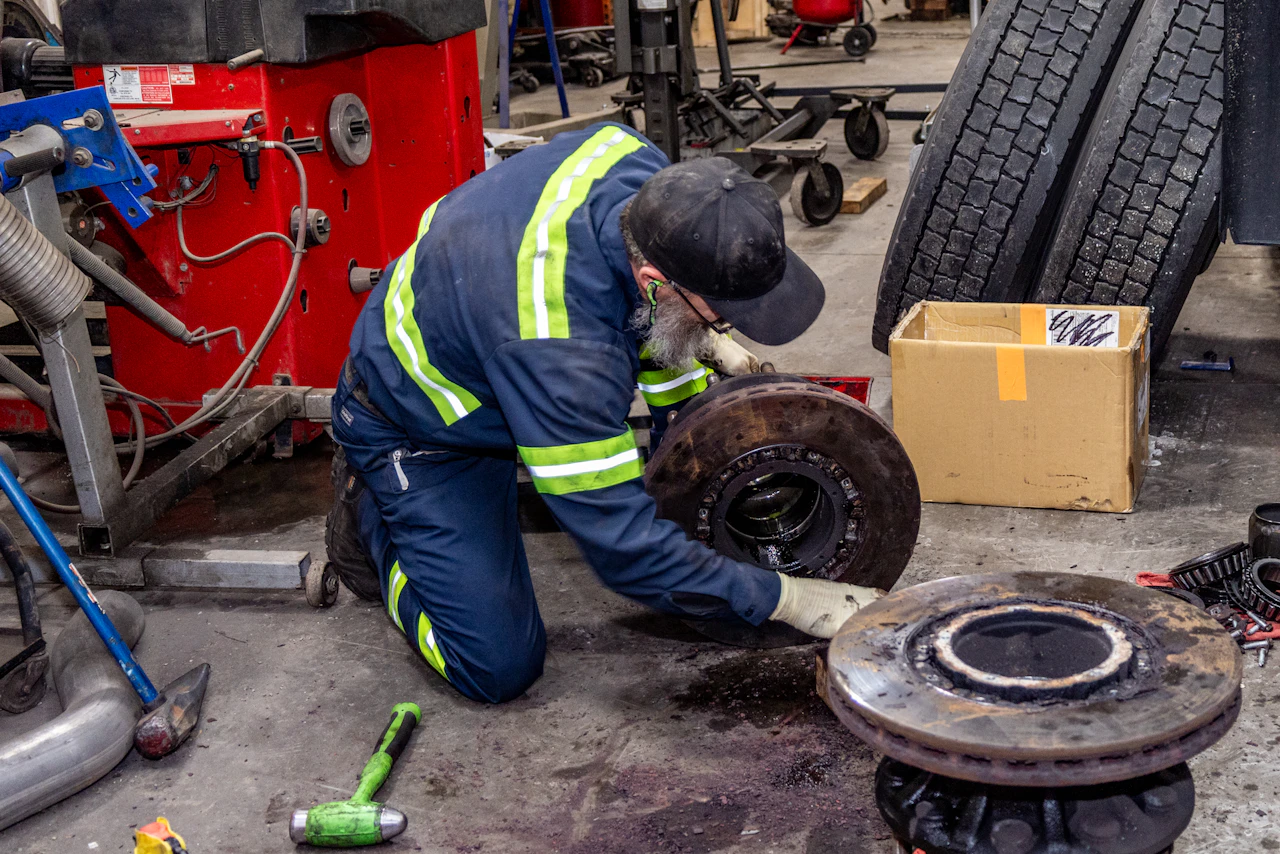Truck ownership, management, and operation are complex tasks. Because you depend on your truck to get the work done even when the weather appears to be against you, you have a job to do. This can include meeting deadlines amid the snow. There is never a good moment for one of your trucks to break down, but the winter may be particularly challenging.
The easiest way to ensure your crew and trucks are safe is to inspect your trucks and go through adverse weather protocols with your personnel before the winter weather arrives. You can quickly get through the winter with proper planning and cooperation.
Things to have checked
You will need to check a few essential things when inspecting your fleet to confirm whether it is ready for the winter. Follow these tips, and you will be able to learn how.
- It's wise to keep the tiny things in balance. If your trucks aren't properly maintained, the cold weather may undoubtedly exacerbate minor issues and lead to the development of new ones. Look at the necessities and keep an eye on fluid levels and tire wear and tear throughout the season.
- Ask your technician to examine your brakes and the condition of your brake pads. Even if this is one of those adjustments that are always crucial, it is always a good idea to take additional measures when the roads become more hazardous.
- Checks on antifreeze, coolant, and oil are all recommended. Your technician should evaluate antifreeze combinations, and other fluids like windshield wiper fluid should be filled up and tested for the correct temperature rating.
- Check the hoses for cracks or dry rot. Splits may happen in cold temperatures or during very erratic weather. You'll keep things operating much more smoothly if you take care of issues like these before they become essential repairs.
- Before the temperature drops, check the block heaters and the cab warmers. You must spot any issues with your temperature control before you need them. In addition to keeping your drivers happy, defrosting your windshield is essential for vision while on the road.
Purchase a heater for the engine block
Engine block warmers are necessary if diesel engines, like the one in your Hino, are used in freezing weather. This will guarantee that your trucks start when you need them to and dramatically lessen the drain on your battery. Make sure your heaters, if you have any, are in excellent working order.
Get winter tires and winter chains
Install the traction control equipment you require in your trucks. Once the temperature reaches seven degrees Celsius, drivers are advised to mount snow tires over Canada. In icy conditions, winter tires improve control and traction. You could need various tread intensities or chains to keep you going through the snow safely, depending on the size of your truck, the road conditions where you deliver, the anticipated amounts of precipitation, and the demands of your company. In icy circumstances, winter tires may make all the difference, and depending on where you are traveling, they may be required by law.
Driving defensively and using smart fleet management
While it may not seem like a maintenance problem, it might prevent you from running into one. Winterizing your workers and trucks can also include practicing safe driving habits and keeping lines of communication open between management and drivers. Teaching defensive driving methods, being aware of employees' capabilities in terrible weather, and discouraging reckless driving are acceptable management practices. Encourage drivers to do regular truck checkups.
Final words
If you follow these steps you will be well on your way to ensuring that your fleet of trucks is ready for winter. When feasible, remove any obstructive ice and snow off the road (doing so might be dangerous for other drivers), and check the fluid levels, wiper blades, and temperature indicators.

